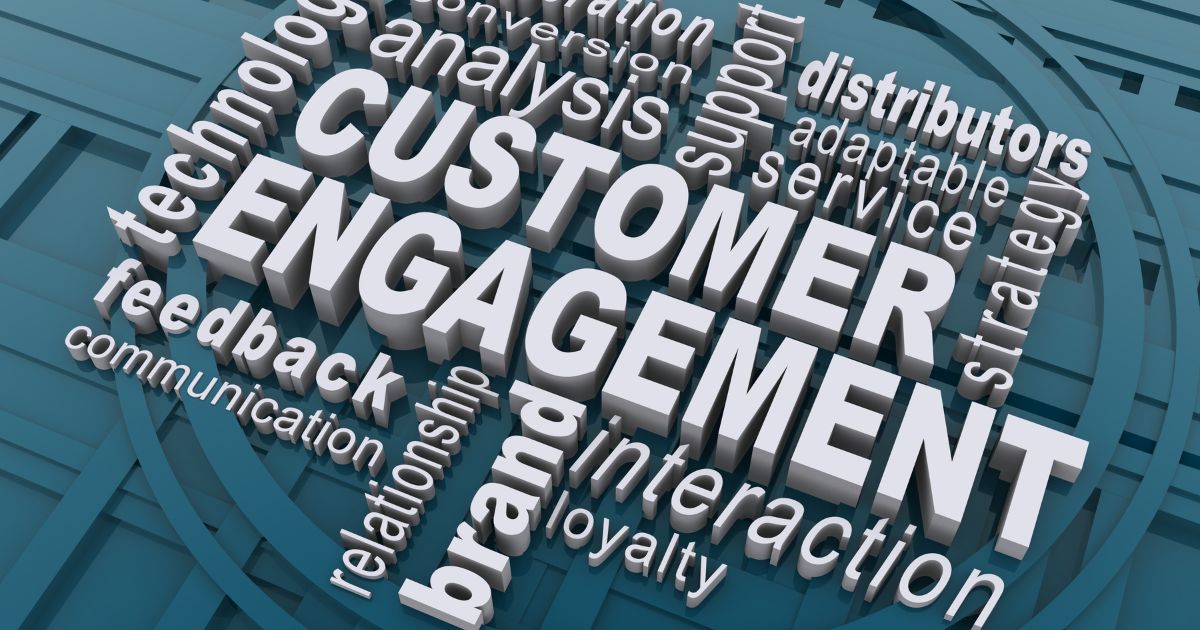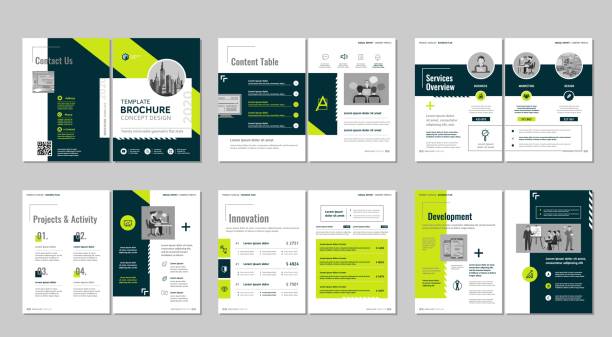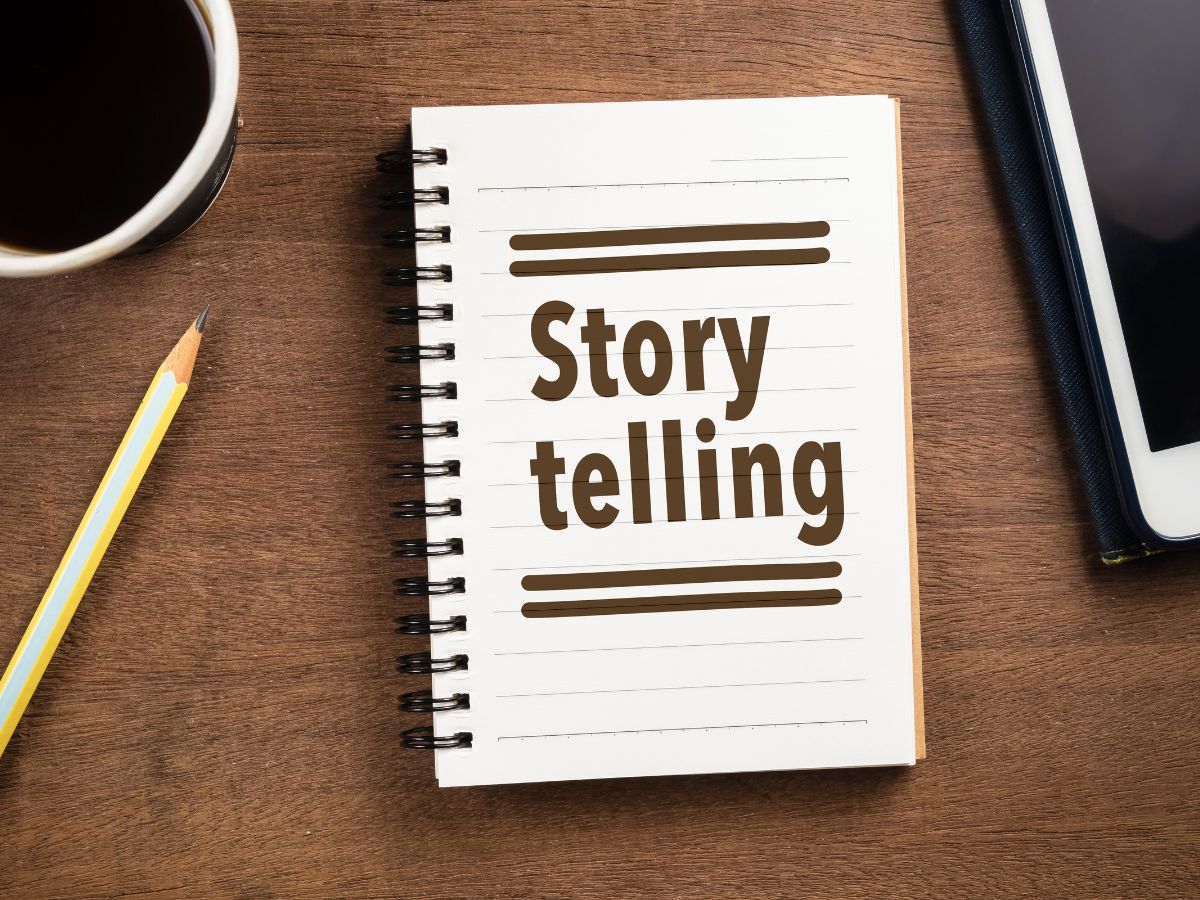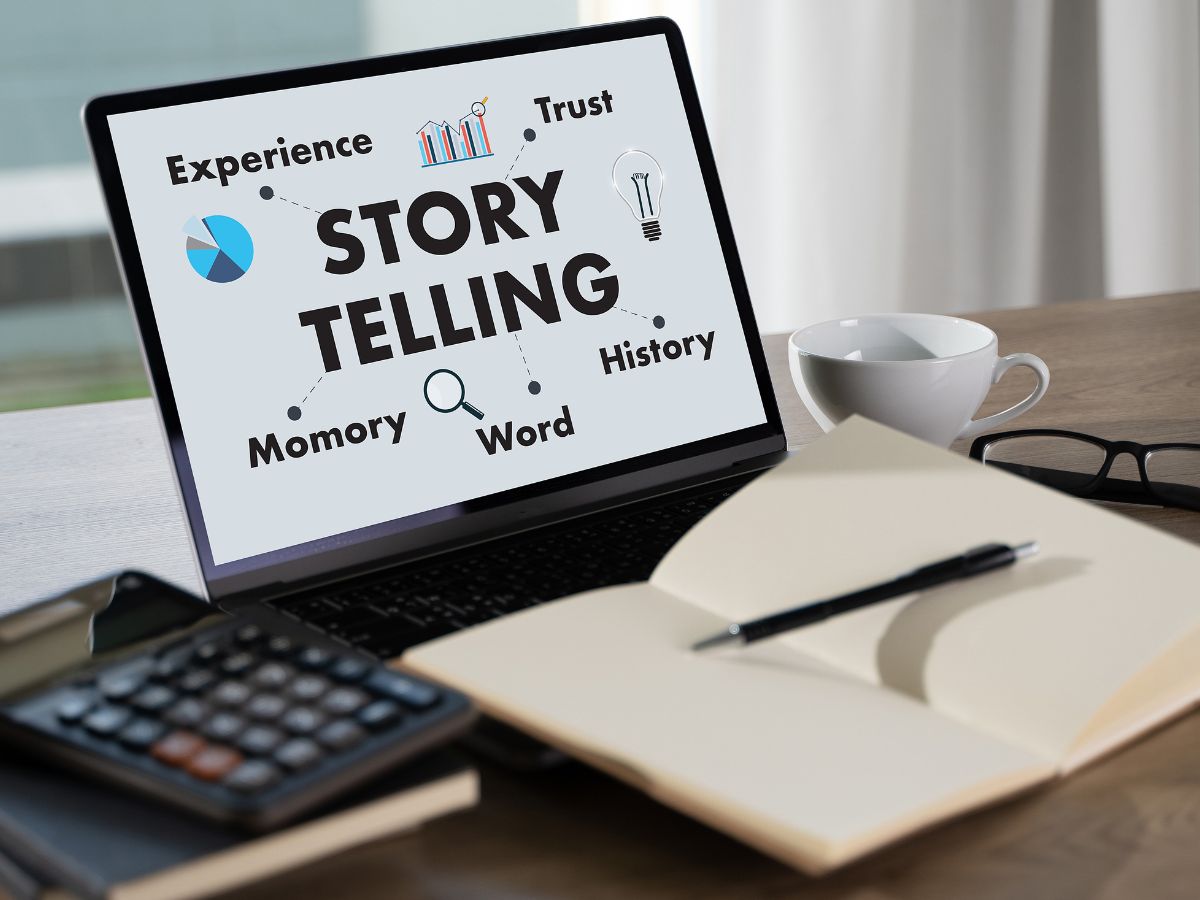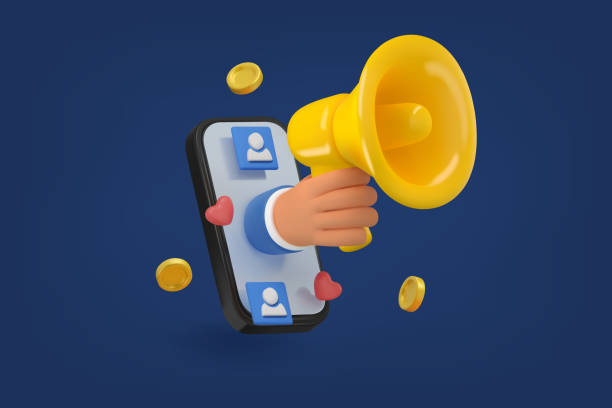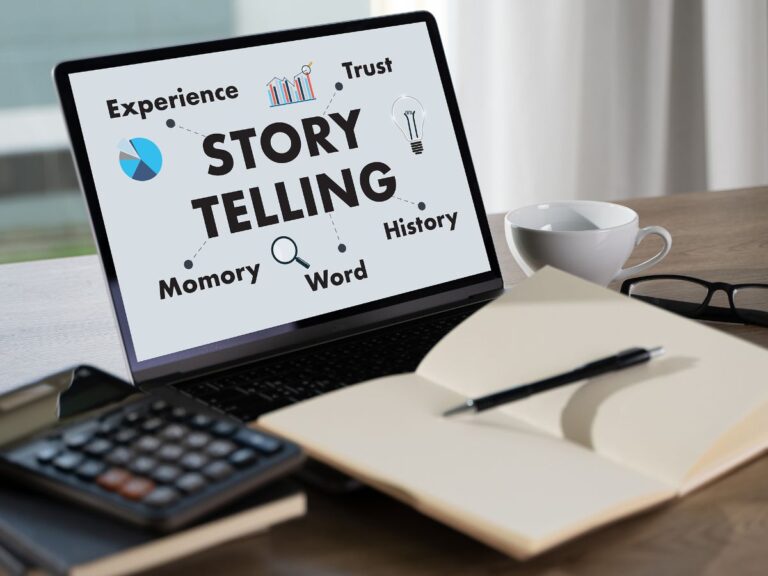How to engage and retain customers
We’ve all heard the phrase, “Telling a good story makes the world go ’round.” While it’s fun to think about how this could be true, it’s also a little bit of an oversimplification. There are plenty of stories that don’t make much of an impact (I’m looking at you, Game of Thrones), and many brands who have gotten by without telling their stories effectively. But there’s something magical about a well-told story; they connect us on an emotional level with the characters in our own lives and in those we watch on screen or read about in books.
Table of Contents
Humans are hardwired for stories
Humans are hardwired to tell stories. Stories are a way of making sense of the world and our experiences in it, and they help us learn from each other. We’re also hardwired to remember stories—they stick in our heads long after we’ve read them or heard them, helping us pass on knowledge from one generation to the next.
Storytelling is how we connect with other people—especially when those people might not look like us or think like us (which is pretty much everyone). And storytelling helps share culture; it lets you learn about someone else’s experiences without having to travel across continents or oceans.
In short: storytelling is as fundamental to human life as anything else you can think of!
Become an Effective story-teller
To tell stories effectively, you must first know your audience. What are their interests? What do they want to know about your brand or product? You also need to understand how they take in information—what mediums they use, what devices they use them on and what time of day is best for reaching them. Then you can craft a story that speaks directly to them through their preferred mediums using the right tone and style for engaging with them.
Whether it’s by focusing on consumer psychology or understanding why people engage with entertainment content, every effective storyteller knows that there are many different ways to engage an audience. The key here is finding the one that works best for your brand.
Stories are powerful
You may be thinking: “I’ve heard this all before.” But take a look around, and you’ll see that storytelling is everywhere.
You can see it in the movies that you watch. You can hear it on the radio or TV shows you listen to. You can feel it when someone tells you a story about their day, or when they ask for help with something simple like getting a cup of coffee. And most importantly, if you work at a company, chances are good that storytelling plays an integral role in your marketing strategy.
Storytelling is powerful because it helps us express our ideas in a way that connects with people in more meaningful ways than just traditional text-based content does—and when used well by brands looking to build trust and loyalty among their audiences, stories can have huge benefits for business owners and marketers alike!
Conclusion
In short, stories are powerful. They can move people to action and inspire them to spend money on your products or services. But they’re also more than just a sales pitch—they’re an opportunity to connect with customers at an emotional level and build lasting relationships that will bring you closer together over time. That’s why it’s so important for brands to think about how they can tell the right kind of stories in the right way: by tapping into what makes us human, rather than just trying out random tactics without any rhyme or reason behind them.

